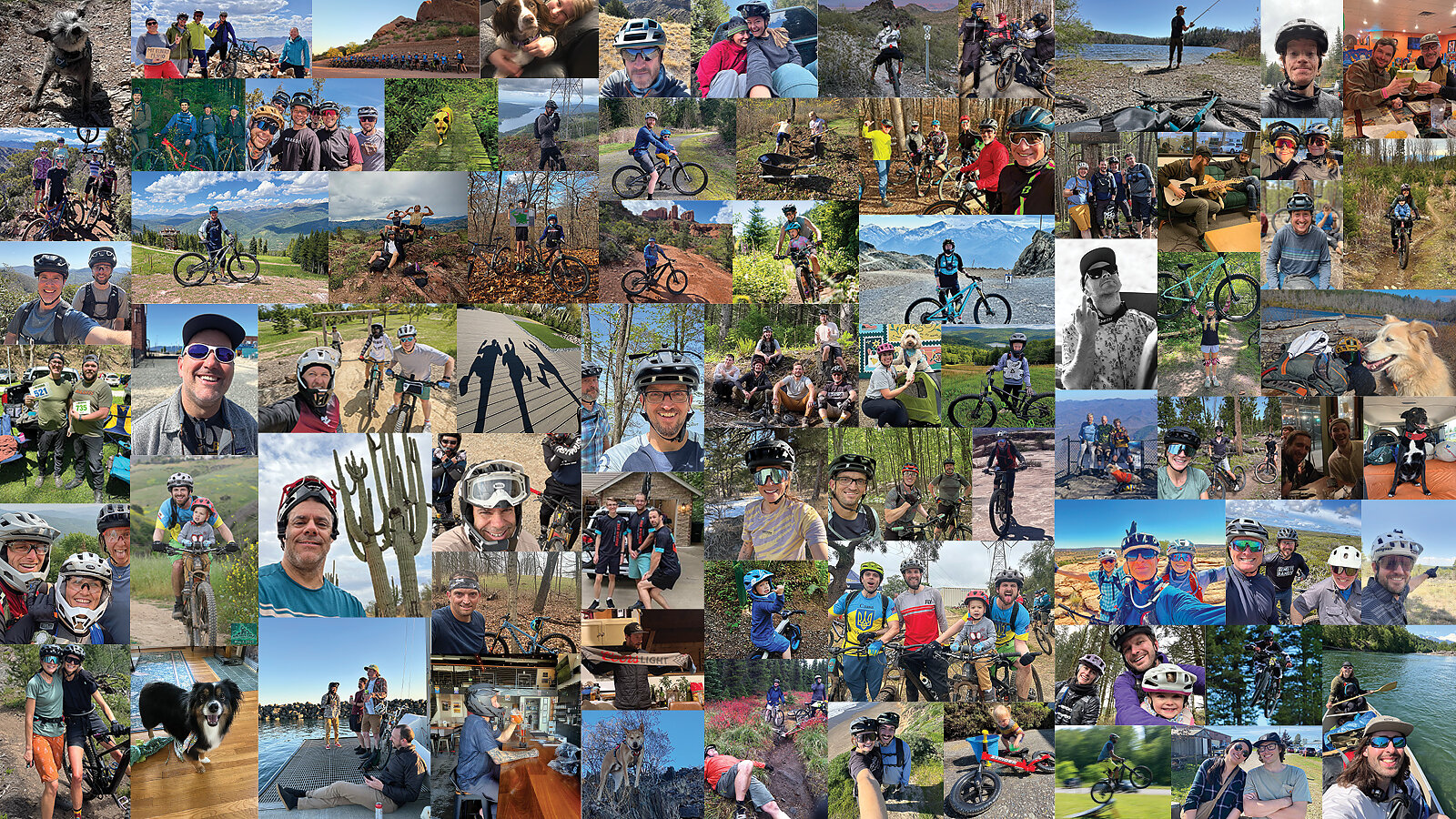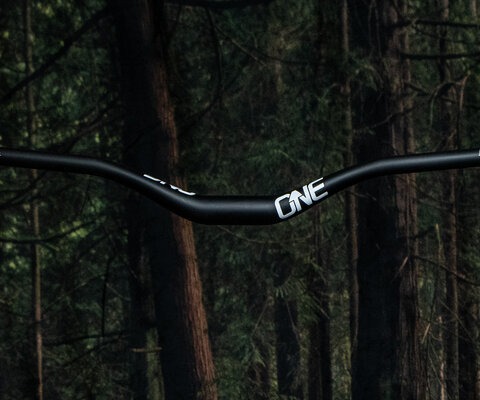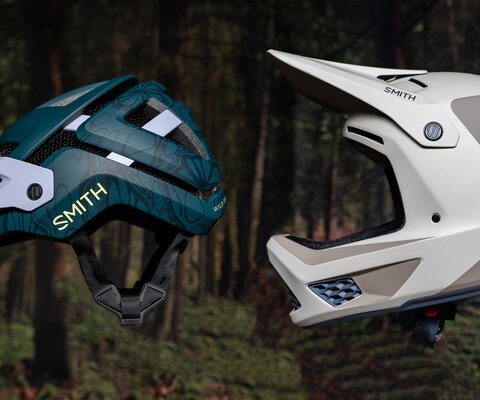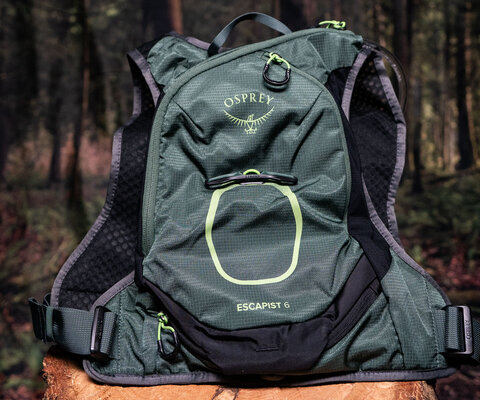
Who We Are Issue 16.3
Words by Ian Terry
A music teacher once told me that it’s common for students to make sudden and significant leaps in their ability after long periods of what feels like stagnation.
I’ve often wondered whether her words were simply a plain, personal observation, or if they carried a sort of secret message—whatever you do, just don’t stop. That’s the thing about progression: It feels linear in hindsight, but the day-to-day of mastering a skill is a much more complicated picture.
On a mountain bike, it’s safe to say, we seldom improve without punishment. At its most benign, that looks like shins that have been through a meat grinder. At worst—well, we try not to think about that when dropping in on a feature we’ve been eyeing for months. But, when it finally comes, true progression really does mirror what my teacher described: Physical and mental capacities converging to create one electric moment of clarity, insight, and action. Think about the last time you really surprised yourself on a ride. Was the smile that lit up your face from relief, or was it a realization: Woah, I can do that now?
Collecting stories that touch on that very personal journey we all go through is where the joy lies in producing this annual edition of Freehub, loosely based on the theme of “progression.” In our cover story, Brice Minnigh profiles Brandon Semenuk, mountain biking’s undisputed wizard of genre-defying, envelope-pushing style and skill. Minnigh’s piece details Semenuk’s myriad accomplishments but, more importantly, also outlines the rigorous work ethic and exacting standards that make him one of the most detail-oriented athletes to have ever thrown a leg over a bike. In his feature about the company, Gravity Logic, Andrew Findlay outlines how three friends turned a small contract to build a few trails at Whistler Mountain Bike Park into a world-renowned trailbuilding firm with a résumé of finished projects in 20 countries and counting.
Nicole Formosa, in her feature “Painful Truths,” reports on how the ongoing movement for greater mental health transparency is arriving at the most elite levels of mountain biking. No longer sidelined in silence, some professional racers and freeriders, in recent years, began openly sharing their experiences with injuries and other setbacks. The hope, advocates say, is for an environment in which pro riders and the brands that support them feel empowered to speak freely about the inevitable challenges that come from competing in a dangerous sport.
Progression is difficult to define because no two riders think about it in the exact same way. But, perhaps, attempting to define it is missing the point. Some things are better felt than said.


